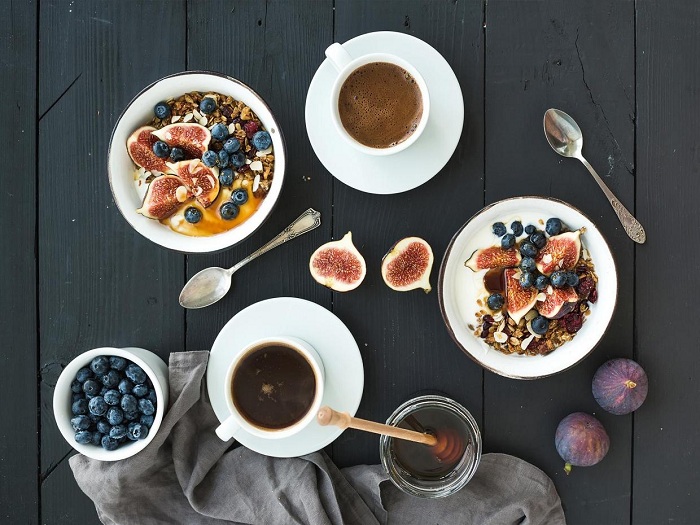Forget counting calories, fat and sugar – taking care of your gut is what matters

Professor Spector told The Independent that counting sugar, fat and calories is the wrong way to approach food. “Eat as much as you want, just think of your microbes,” he says.
“We have about 100 trillion microbes inside our body in the lower intestine or colon and a microbe is anything you need a microscope to see. We generally talk about bacteria, but there are viruses and fungi too and they all contribute to our health."
Microbes help to digest food, are crucial to the immune system, and provide about a third of the body`s vitamins and chemicals. The food a person eats affects the health of their microbiome, with emerging research suggesting it can change our body`s responseto medication, too.
"We are all unique in our microbes, which explains why we respond differently to foods," explains Professor Spector.
There are three rules that everyone can following, Professor Spector says, to promote a diverse microbiome: eat real food that is not processed, increase fibre intake, and have a diverse diet.
“You don’t have to cut anything out of your diet. I’m against excluding real food," he stresses.
The average person can, therefore, eat dairy, small amounts of meat, and carbohydrates. The best diet is one that is varied, and doesn’t include the same foods every day.
Fermented foods, including plain natural yogurt without any sugars or sweeteners, as well as keffir, un-pasturised cheese, miso soup, kimchi and sauerkraut (both created naturally as opposed to in vinegar) and tempeh boost the gut microbiome.
Rather than five a day, Professor Spector suggests eating seven portions of fruit and vegetables a day, including herbs and raw seeds. Skipping meals, as seen in the 5:2 diet, can help microbes “tidy up the gut” and make it more efficient.
Professor Spector himself admits it was tough to change his own diet to a gut-friendly one. Now, he eats yogurt sprinkled with seeds and berries for breakfast, a shot of black coffee, and a glass of keffir. For lunch he opts for nuts and fruit, and a vegetarian meal for dinner which could include a Thai curry, vegetable paella, lentil burgers, or salads with cheese. He eats meat only twice a month to reap the benefits of vitamin B12 present in animal products.
Antioxidant polyphenols, which are present in olive oil, are also important says Professor Spector, who published The Diet Myth last year.
Currently, experts can use tests to measure the diversity of a person’s gut and tell if it is abnormal.
In five years, Professor Spector predicts that GPs will use such tools to help patients better understand their gut health, as they do now to measure blood pressure or bone density. This could prevent people from self-diagnosing intolerances, which has caused the rise of gluten-free food among those who aren’t celiacs.
"People won’t just be following a fad and hoping for the best."















































